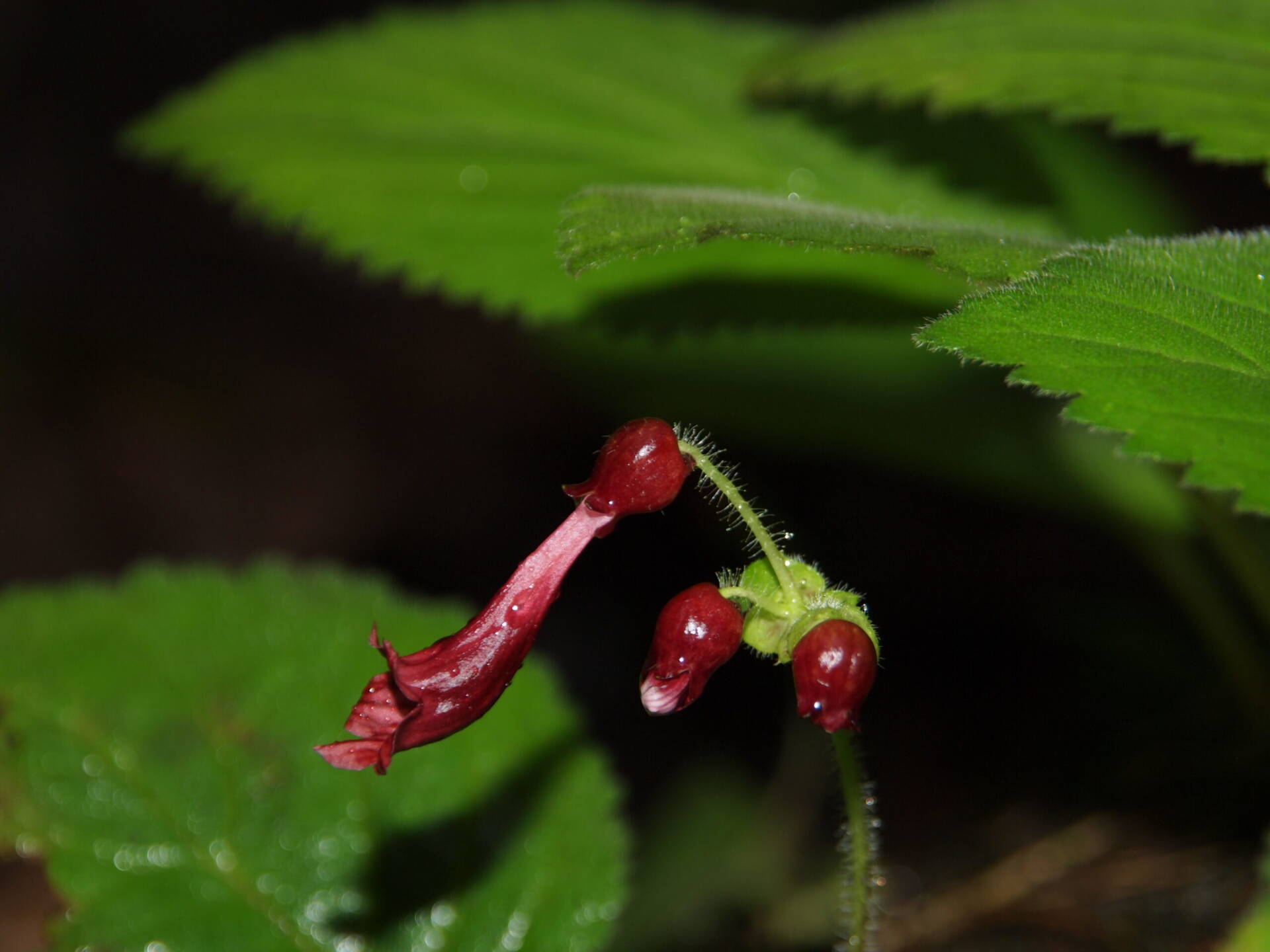
The literature at that time suggested that there were only about 2,500 species but this seemed ridiculously low when compared to the over 10,000 that could be found in the neighbouring countries of Thailand and Vietnam. When our Darwin Initiative funded project began in 2004, the aim was to produce a new checklist of vascular plants found in this highly diverse tropical country. The literature at that time suggested that there were only about 2,500 species but this seemed ridiculously low when compared to the over 10,000 that could be found in the neighbouring countries of Thailand and Vietnam. By the end of the project, we had almost doubled the number to more than 4,800. The results from the project were compiled into ‘A checklist of the vascular plants of Laos’. The checklist was created from a taxonomic database held at the Royal Botanic Garden Edinburgh which is currently still in operation and is now the basis of a the most comprehensive website for flora of Laos in existence. Since the completion of the project in 2007 the first author, who was trained during the project, has continued to work in plant taxonomy and is now in charge of the herbarium of the Faculty of Forestry, National University of Laos. She currently studies pipeworts (Eriocaulaceae species) and through a Darwin Initiative funded Fellowship she spent a year at the Royal Botanic Garden Edinburgh writing a revision for the Flora of Cambodia, Laos and Vietnam which is due to be published in the upcoming year. Currently, she is working on her PhD at the University of Khon Kaen in Thailand. The Convention on Biological Diversity and other legal instruments such as the Global Strategy for Plant Conservation rely on fundamental knowledge about the names and distributions of species, highlighting the importance of this work. Through continuing to build our database, adding new species and new records, and increasing our understanding of distributions and threats we will be able to ensure that conservation of these once unknown species can be assured.
Begonia namkadingensis C.-J. Yang, Souladeth & Tagane, from Nam Kading National Protected Area, photo by Soulivanh Lanorsavanh
Several new species and new records have been discovered, enhancing our knowledge of Lao plants as well as our understanding of plant diversity and distribution in this region
In recent years, botanical research has gradually become more active in Laos and there has been an increase in cooperation with foreign botanists and institutions. Several new species and new records have been discovered, enhancing our knowledge of Lao plants as well as our understanding of plant diversity and distribution in this region. Further contributions from botanical surveys are necessary to create a more complete picture of the flora of Laos as there is still so much left to discover. More information on project 13-007 can be found here and to find out more about the Fellowship project EIDPS033 please click here.
Information from: Darwin Newsletter


